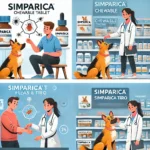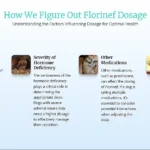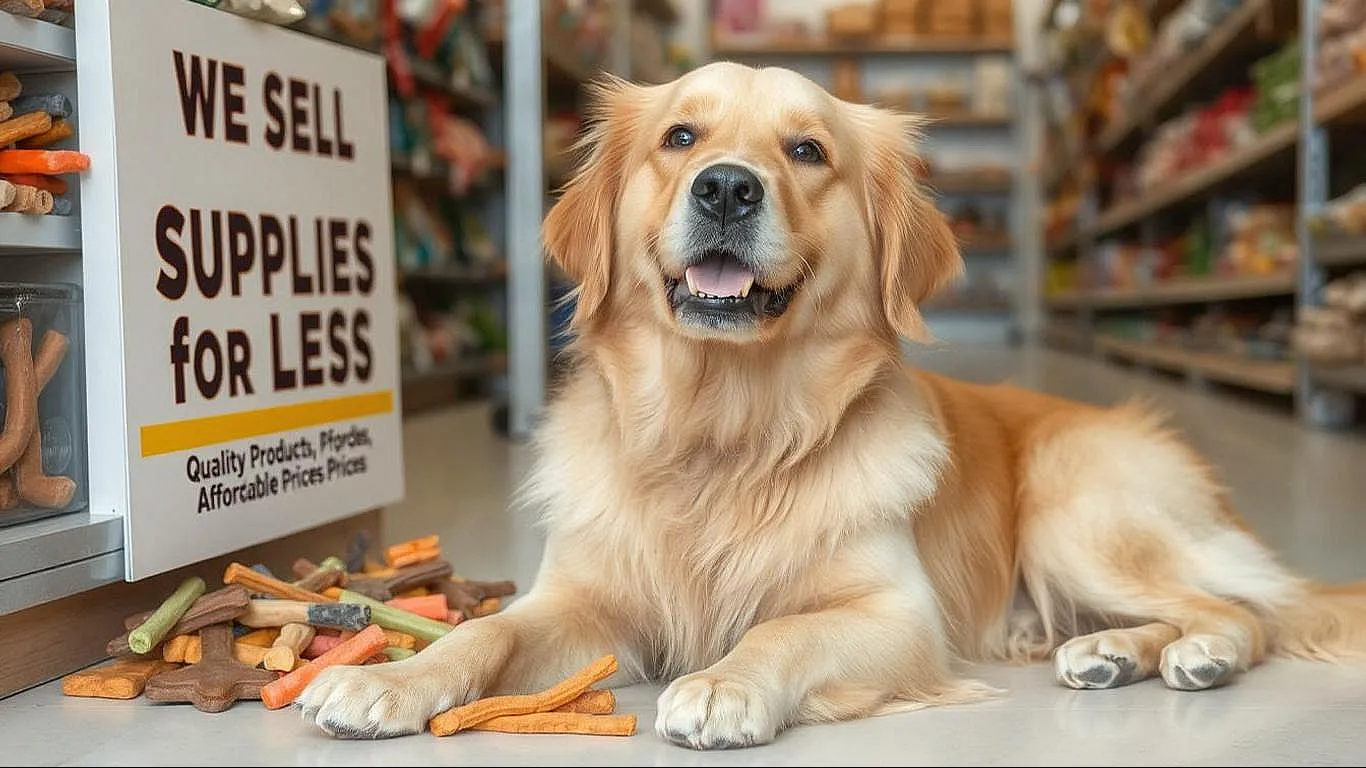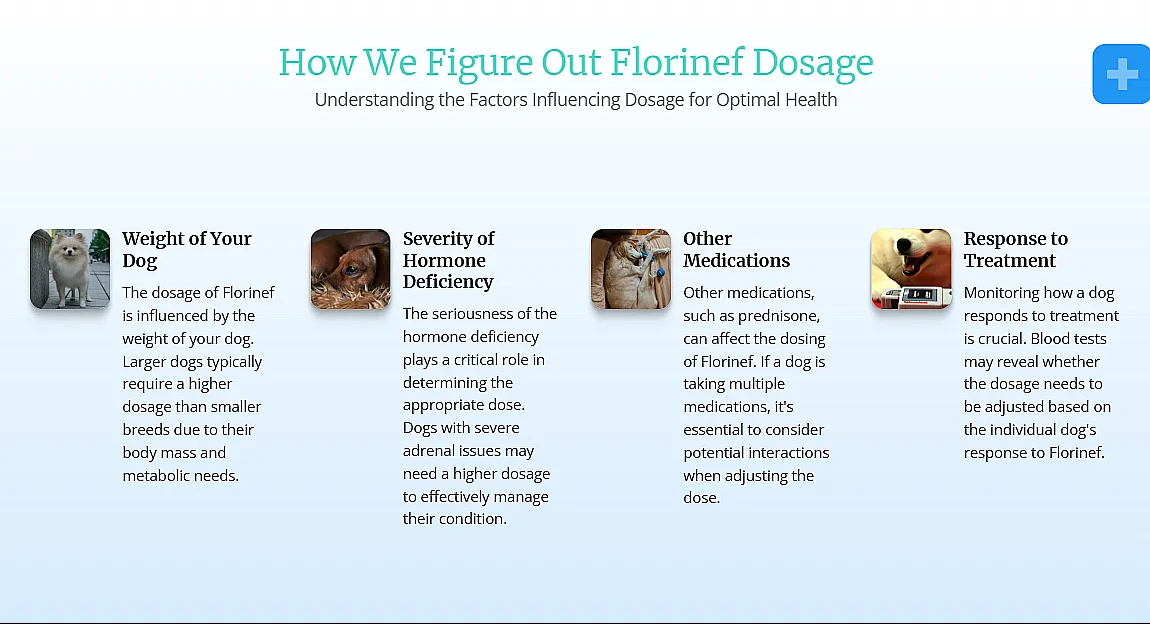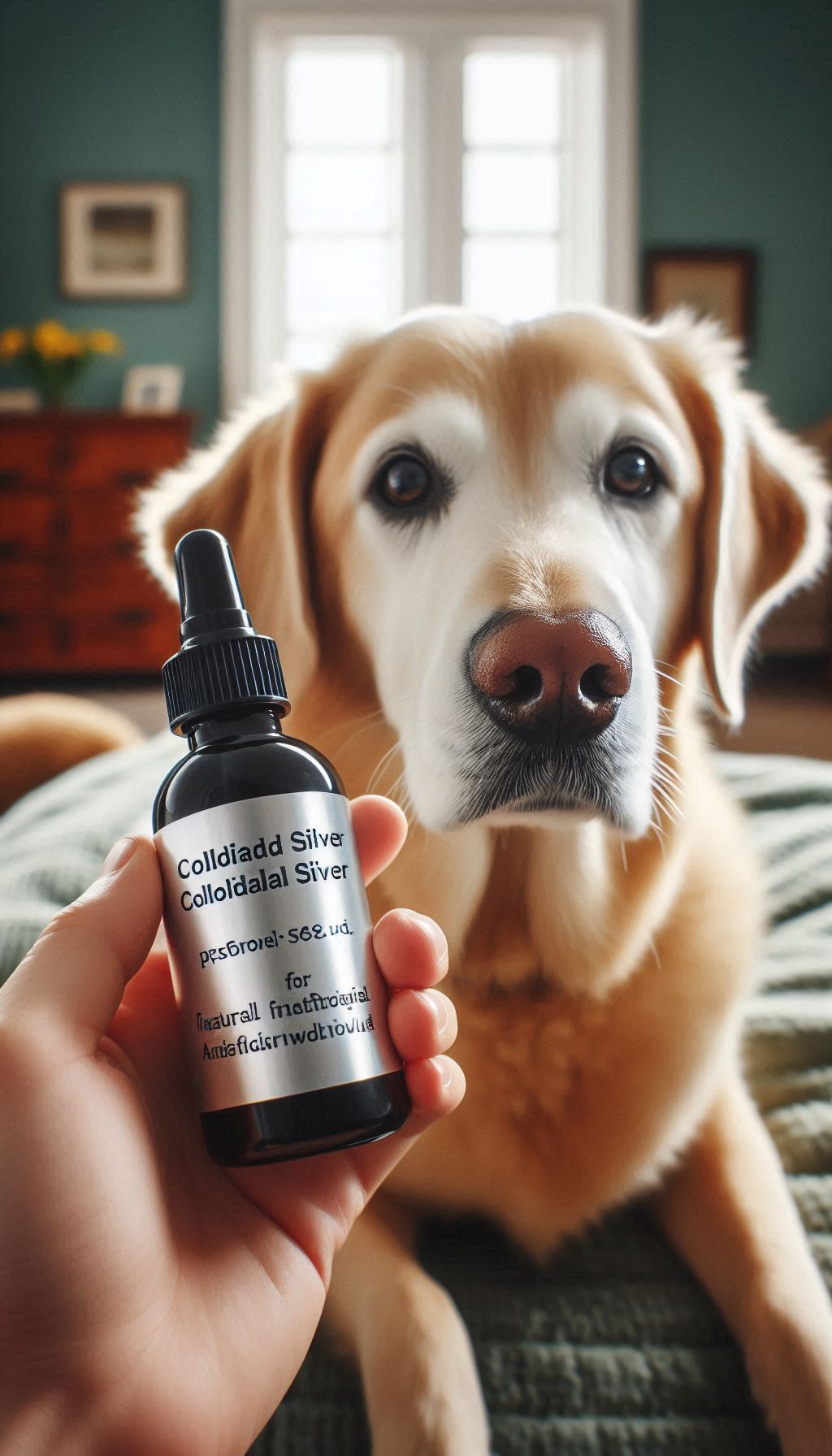As a dog owner, I know the feeling of panic that sets in when a pet accidentally consumes something potentially harmful.
One common question many pet parents ask me as a professional in the field is whether or not to induce vomiting if their dog eats a mushroom.
The Dangers of Mushroom Poisoning in Dogs
Despite what some may believe, not all mushrooms are harmful to dogs. However, the concerning fact is that it’s often difficult, even for experts, to distinguish safe varieties from poisonous ones.
Some toxic mushrooms, like the deadly Amanitas, can cause severe liver failure, while others may lead to neurological issues. The ingestion of these harmful fungi can be potentially lethal for our furry companions.
Importance of Taking Immediate Action
If you suspect that your dog has ingested a mushroom, quick action could mean the difference between life and death.
Typical signs of mushroom poisoning may include vomiting, diarrhea, salivation, weakness, and in severe cases, coma or seizures.
If observed, immediate veterinary attention is necessary.
To Induce Vomiting or Not: The Crucial Decision
The decision to induce vomiting should never be made without professional guidance.
If your pet indeed consumes a poisonous mushroom, instant throwing up is not necessarily the safest solution. Inducing vomiting can, in some cases, cause additional harm, such as aspiration pneumonia.
To make an informed decision, reaching out to a veterinarian is crucial; they’ll consider the type of mushroom ingested, your pet’s symptoms, and overall condition to recommend the safest course of action.
Steps to Take If Your Dog Ingests a Mushroom
Seeking professional help should be your first action upon suspecting mushroom ingestion by your dog.
If possible, gather a sample of the mushroom for identification purposes.
Meanwhile, keep your pet calm and comfortable. It’s vital not to panic and remember that professional veterinary help and advice should be sought before any action.
Inducing Vomiting and Decontamination
As a professional in the field, I often encounter desperate pet parents wondering what to do after their dog has ingested a potentially harmful substance like a mushroom.
Their first instinct is often to induce vomiting to clear out the poisonous substance.
However, the decision to induce vomiting should never be made lightly and there are various factors to consider before using this technique.
Factors to Consider Before Inducing Vomiting
The decision to induce vomiting is a complex one and involves a proper assessment of the situation. Firstly, consider the type of substance ingested.
When it comes to dogs that have consumed a, potentially, poisonous mushroom, inducing vomiting may not always be the most beneficial course of action.
Remember, certain types of fungi can cause additional damage when regurgitated, leading to more harm than good.
Secondly, the time of ingestion is critical. Veterinary professionals recommend inducing vomiting if you recognize the occurrence within two hours of ingestion.
Beyond this window, the substance would likely have passed beyond the stomach, rendering vomiting futile and potentially harmful.
Lastly, the overall health status of the dog should be taken into account. If your pet has certain health conditions or if they are demonstrating severe symptoms such as seizures or weakness, inducing vomiting may be excessively dangerous.
Decontamination Methods and Their Effectiveness
When your dog cannot safely regurgitate, or if the ingestion occurred beyond the two-hour window, decontamination becomes the next vital step. This involves reducing further absorption of the toxin into the body. Activated charcoal is a common method used in these circumstances. It binds to the toxins in the stomach and intestines, thus preventing further absorption into the bloodstream.
However, this method should only be administered under the guidance of a veterinarian as it can have side effects. In addition, it may not be effective for all types of toxins.
In summary, if you suspect your dog has consumed a poisonous mushroom, seeking immediate professional veterinary advice is paramount. They will guide you through the best course of action, whether that involves induced vomiting, decontamination, or other forms of treatment. It is crucial that we, as pet parents, remain calm and act swiftly to ensure the best outcome for our furry family members.
Ensuring Your Dog’s Health and Safety
As a pet parent, ensuring the health and safety of your dog is of utmost importance, especially when you’re dealing with something as harmful and scary as mushroom poisoning. To help you navigate these potentially dangerous incidents, it’s critical to recognize the signs and symptoms of mushroom poisoning, understand the importance of immediate veterinary intervention, and practice preventive measures to keep your dog safe.
Signs and Symptoms of Mushroom Poisoning
Recognizing the signs and symptoms of mushroom poisoning in your dog can be the difference between a quick recovery and a dire situation. While the type of toxic mushrooms ingested can affect the symptoms your furry friend experiences, common signs include vomiting, diarrhea, lethargy, uncoordinated movement, excessive drooling, and in severe cases, seizures.
Knowing these symptoms is not a substitute for professional veterinary care, but it can enable you to respond appropriately to an emergency. The goal is to take note of these signs and get your dog to a veterinarian as soon as possible. Time is of the essence.
Importance of Veterinary Intervention
When dealing with mushroom poisoning, veterinary intervention is paramount. Veterinarians are trained to handle these situations and are knowledgeable about the best course of treatment. From determining the type of mushroom ingested to deciding whether to induce vomiting, administer activated charcoal or pursue another form of treatment, a vet’s expertise is irreplaceable.
Moreover, veterinarians can provide supportive care to help your dog endure the situation better. This care may include IV fluids for hydration, medication to control symptoms like vomiting and seizures, or even hospitalization for continuous monitoring and care.
Remember, acting fast is critical. There’s no room for guesswork when your pet’s health is at stake. Always reach out to your veterinarian or an emergency animal clinic at the first sign of distress.
Preventing exposure is the best course of action in protecting your pets from harmful substances. Monitor them while they explore the outdoors and endeavor to rid your yard of any dangerous fungi or other potential threats. Regular visits to the vet for check-ups and vaccinations also play a critical role in ensuring your pet’s overall good health and well-being.
Treatment and Recovery
As a diligent dog owner, it’s natural for me to worry when my dog ingest something potentially harmful like a mushroom. It’s especially distressful not knowing if I should induce vomiting, and how best to handle the situation.
1. Medications and Therapies for Mushroom Poisoning
In my experience, my first instinct wouldn’t be to induce vomiting but to contact a vet immediately. There’s considerable debate among veterinary professionals regarding the appropriateness of inducing vomiting at home. While some may argue it’s beneficial if it happens immediately post-ingestion, others worry that without professional supervision, induced vomiting could cause more harm, especially if the dog becomes distressed or if the mushroom is of a variety known to cause gastrointestinal irritation.
Professional treatment depends largely on the type of mushroom ingested. If the mushroom type is unknown, the vet will often assume worst-case scenario and proceed with aggressive treatment. This may involve inducing vomiting under professional supervision, administering activated charcoal to absorb any remaining toxins in the stomach, stomach decontamination, and additional medications to manage symptoms and reduce liver damage.
2. Monitoring and Supporting Your Dog’s Recovery
Following an incident of mushroom ingestion, the road to recovery can be daunting and requires diligent monitoring. As a pet owner, my focus immediately switches to keeping my dog hydrated, her temperature stable, and her comfortable during the recovery phase. This usually involves frequent check-ins with the vet, giving prescribed medications as instructed, and constant observation for any adverse changes in behavior or physical condition.
Support during this period extends beyond just medical care. It means keeping my dog’s spirit high by indulging in her favorite activities, spoiling her with her favorite foods (if she is allowed to eat them), and giving her lots of love and attention.
Complications from mushroom poisoning can be severe, but with immediate veterinary attention and proper care, most dogs recover fully. As always, the best course of action is prevention. By keeping a keen eye on our dogs and their environments, we can prevent these potentially precarious incidents.
Remember, as dog parents, it’s crucial to put safety first and to not hesitate to contact a vet when uncertain. Our dogs trust us to keep them safe and healthy after all!
Conclusion
As a dedicated dog parent, I’ve grappled with the dilemma: should I induce vomiting if my dog ate a mushroom? From my research and experience, it’s nuanced and dependent on the type of mushroom consumed and the amount of time that’s passed since ingestion. However, one imperative exists: when in doubt, seek professional help immediately.
1. When in Doubt, Seek Professional Help
The truth is, it can be difficult, if not impossible, for amateurs like myself to accurately identify mushrooms and the potential risk they pose to our pets. For this reason, it’s essential to always involve a vet as soon as possible. Veterinarians can effectively guide us through the best course of action, dictated by the specific situation at hand.
Consequently, if your dog has ingested a mushroom, even if you’re uncertain whether it’s toxic or harmless, it’s prudent to seek immediate veterinary advice. It’s not advisable to try and induce vomiting at home without first consulting a professional, as this could potentially exacerbate the problem. In certain scenarios, depending on factors like the type of mushroom your dog has consumed, inducing vomiting can even be counterproductive and harmful.
2. Preventing Mushroom Poisoning and Ensuring a Safe Environment
Prevention remains the most effective solution to avoid worrying scenarios like these. To ensure our pets’ safety, we need to establish an environment that’s free of risks.
Regularly inspecting our home and yard for the presence of mushrooms and promptly removing them is a good place to start. Dogs are inherently curious creatures, so it’s crucial to secure areas where mushrooms typically grow, such as shaded, moist spots, before our furry friends get to them.
Moreover, we can train our dogs to avoid potentially dangerous wild foods, and we should always supervise our dogs while outdoors. Also, remember to only feed your dog food and treats that are safe and made specifically for pets.
In conclusion, we must recognize the importance of swift, professional intervention when our pets ingest mushrooms, and we must prioritize creating a safe environment for them to thrive. When it comes to our dogs’ well-being, it’s always better to err on the side of caution!




